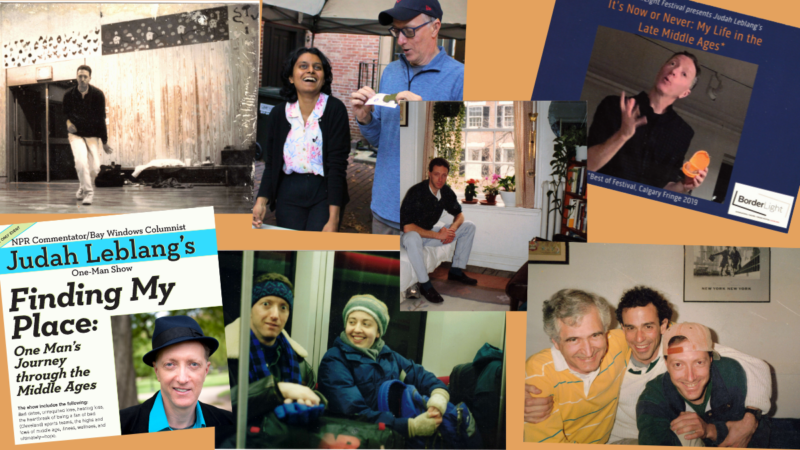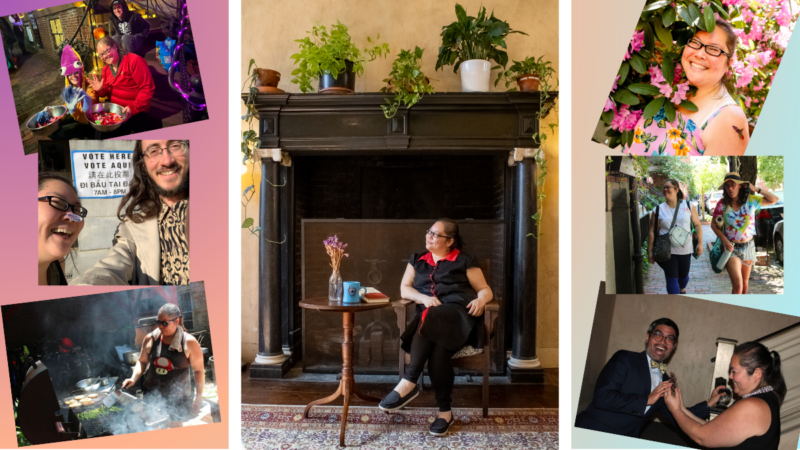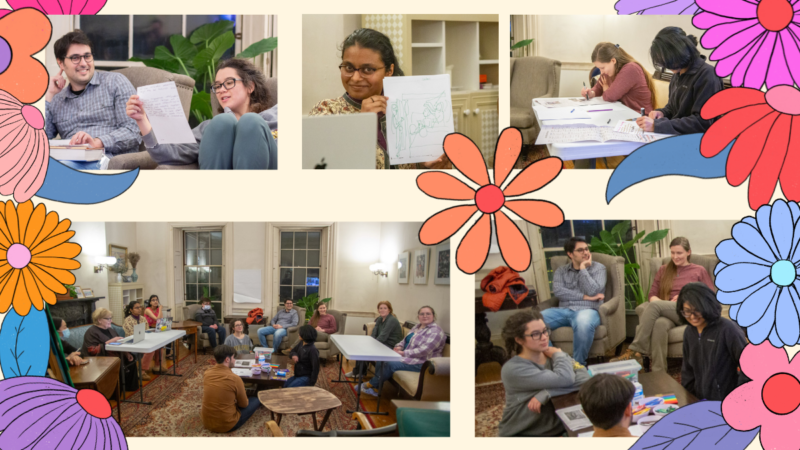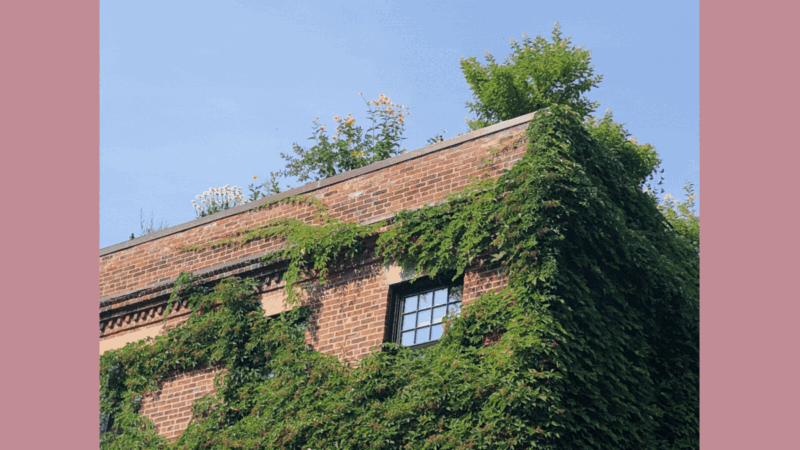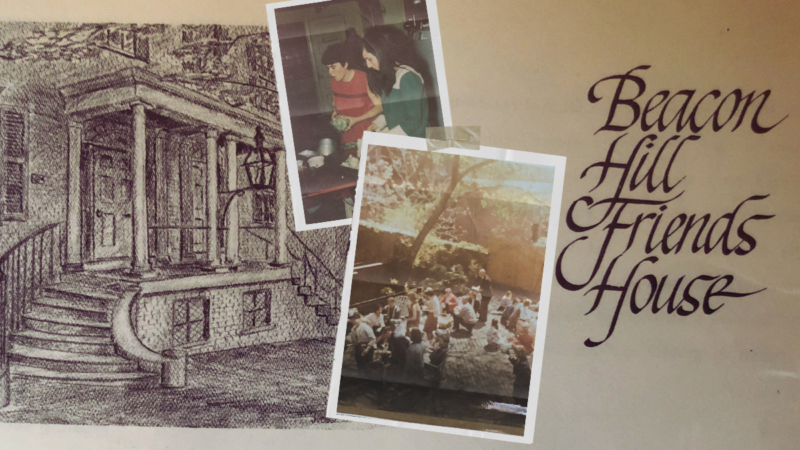This is Water
July 14, 2021 | by Jen Higgins-Newman, BHFH Program Manager
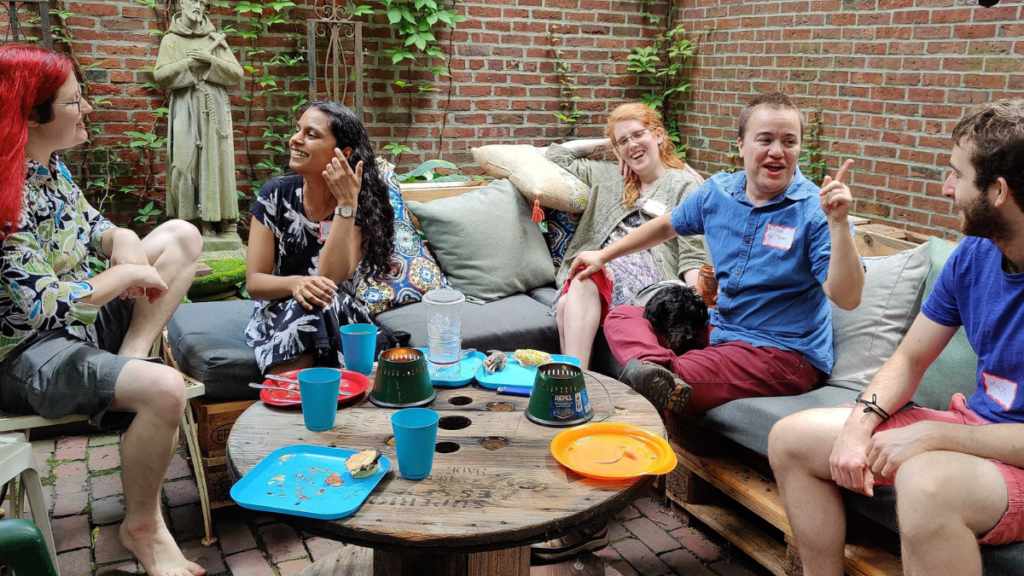
Credit: @thetravelingkieto
Dear Friends,
In our resident handbook here at BHFH, we say, “We recognize that examining our own places in systems of privilege and oppression is crucial to building a community that upholds the equality of all.”
I’ve been reflecting on this recently for many different reasons (attending a Friends General Conference workshop on challenging racial and ethnic divisions, and the national debate about critical race theory… to name a couple.)
This self-examination is hugely important. One key step is to notice ourselves outside of ourselves — meaning, to notice that our immediate thoughts or feelings or understanding of a thing isn’t the whole of that thing.
I can remember the first time I was able to do this. In college, one of my professors (I don’t remember who) introduced me to David Foster Wallace’s 2005 commencement speech to the graduating class at Kenyon College. I want to share a portion of that with you now:
There are these two young fish swimming along and they happen to meet an older fish swimming the other way, who nods at them and says “Morning, boys. How’s the water?” And the two young fish swim on for a bit, and then eventually one of them looks over at the other and goes “What the hell is water?” – David Foster Wallace, “This is Water”
Foster Wallace packs a lot into this commencement speech, but, on my first read, it opened the floodgates for me to understand that I am a fish swimming in water. For the first time, I had a deep awareness that my own way of seeing the world wasn’t the whole picture, and that I am a part of a larger system that shapes me and the way I understand.
As we move through the world and go about everyday things, we often operate on autopilot. It takes awareness and effort to understand that in those simple moments, we have choices — both in what we do and how we see things. And it takes even more effort to understand that our choices are part of a larger system, a system we might not even realize (for the fish, this is water).
Part of our water are the systems of privilege and oppression. And they are part of our lives in everyday, ordinary moments. As Foster Wallace says, “we have to keep reminding ourselves over and over: ‘This is water.’ ‘This is water.'”
In Light and community,
Jen

